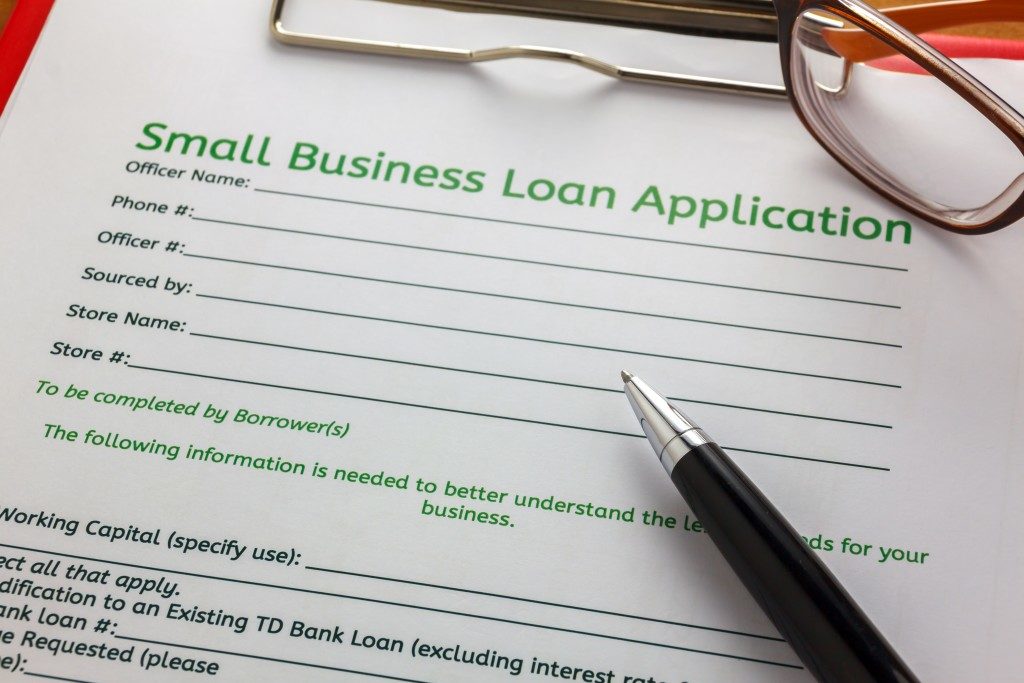The metrics to measure your financial success will always vary in every stage of your life. No two stages in life are the same. And every stage will demand something different from you. Your priorities will change and so will your financial goals. For instance, in your 20s, retirement planning will probably not appear on the list of your top financial priorities. But when you enter your 40s, you are nearing your prime money-making days, the thoughts of retiring comfortably will finally register.
By the time you reach the age of 40, you are likely to be making a decent living by doing a particular job you are an expert with. Ideally, you have a wife and kids—your family life is already stable. What a milestone! What about your financial goals? How is it doing? Are you keeping track of your finances, to secure a financially healthy life before you turn 45?
We are here to show you the guide to financial freedom, or if you have already started, let’s check how far you have come.
1. Mastery in Financial Literacy
Did you know that according to Investopedia, financially illiterate individuals are more likely to accumulate debt burdens due to the lack of long-term preparation?
Basic financial literacy must be gained in your 20s; by 45, you should have already mastered it. There are tons of financial books you can read to learn about handling your finances well. Make yourself knowledgeable in stocks, banking, and investments, it will pay off throughout your life.
2. Pay Down Consumer Debt
It may be a challenge to get out of debt while preparing for your retirement and raising a family at the same time. But, this should not stop you from paying off your consumer debts: credit card debts, auto loans, student loans, payday loans, and so forth.
While we often associate these things as ‘bad debts’ there are some kinds that we see as more of an asset than a liability like mortgage loans. If managed correctly, this type of debt can be leveraged as an appreciating asset. So if you find yourself always playing around with a mortgage loan calculator, you should probably consider applying for it, once and for all.
After all, being a homeowner is not just an achievement in life, it’s a great investment. And most of all, way better than renting.
3. Emergency Fund
This fund is to be used only in case of an emergency such as sudden loss of job and medical costs. It is intended to cover emergencies only. This also reduces your chances of taking out a loan or using your credit card. We want to avoid those as they do nothing but drag you into a deeper debt hole. How much money do you need in your emergency fund? The rule of thumb says, three to six months of fixed expenses in cash.

4. Children’s Education Plan
We know education is never cheap in the United States. As you near retirement, your kids are probably off to college. You may find it hard to balance complex goals like this one. It’s best to start planning for your children’s education as early as possible. Invest in assets that appreciate like land and house.
Investing in a tax-advantaged 529 plan is also an idea. Your money will grow federal tax-free and no deduction of tax, too, when you need to take out the money to pay for college.
5. Retirement Plan
According to Kevin O’Leary, a personal finance author, the ideal age to be debt-free is at age 45. At this age, you are more than halfway through your working life. You should be out of debt at this age to give focus on your retirement plans. Make it happen!
6. Map Out Estate Planning
Of all the financial planning you have done in the past, it is only vital that you legally execute a will that will clearly state the distribution of your assets upon your death. This is best done with a lawyer who specializes in that area. In case you are not comfortable talking about your mortality, you may opt for life insurance that will take care of your beneficiary in the event of your passing.
The bottom line: Age 45 is a critical phase in your life. Your responsibilities grow larger as you near retirement. Therefore, working on your finances as early as in your 20s will make such a huge difference in making your 40s pass with ease.
If you are nearing 45, how many achievements listed here have you already ticked off? Or if you are in your early 30s, how is the preparation going?


